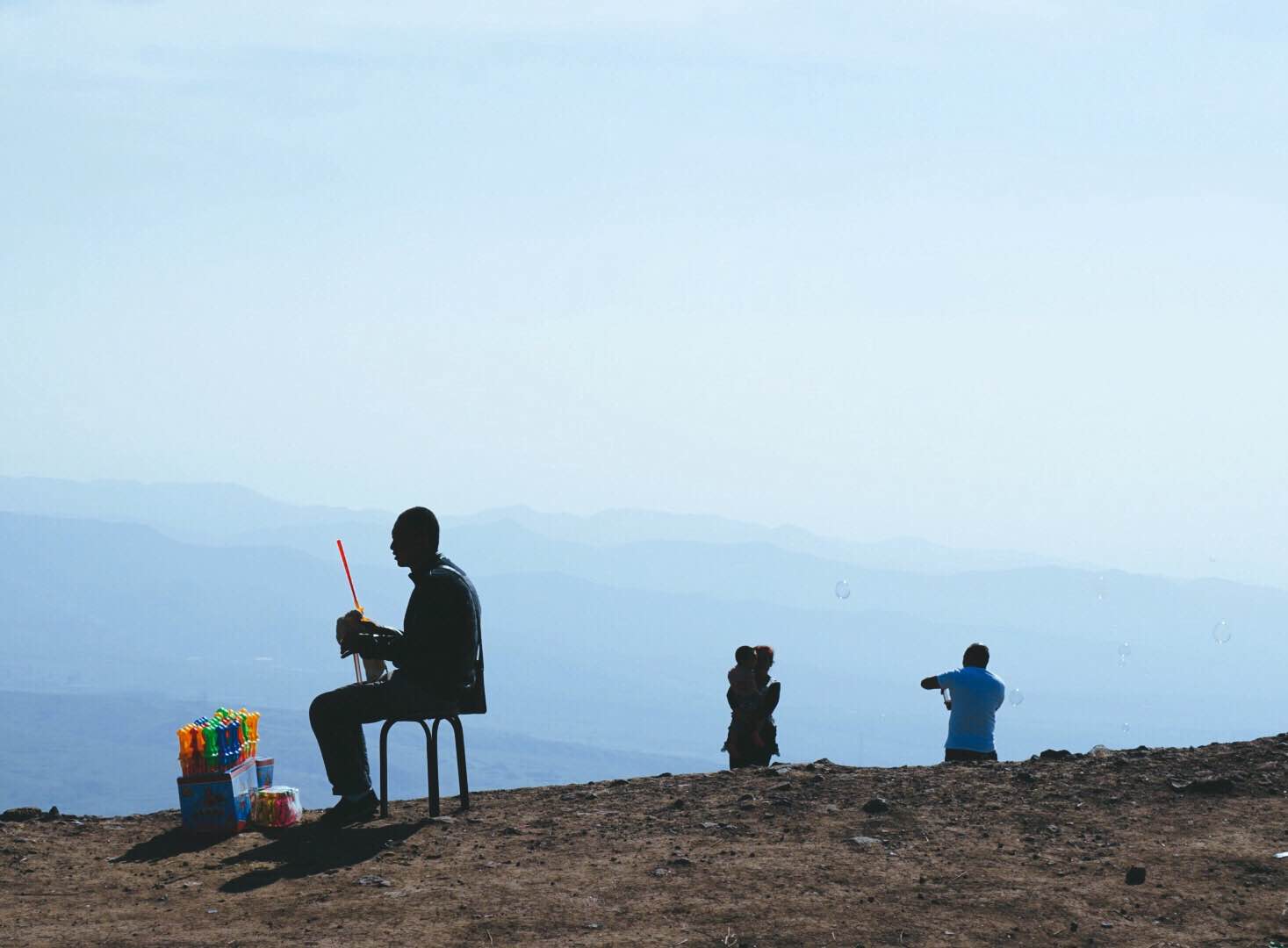Abstract
This article examines the ARTS RIGHTS JUSTICE (ARJ) Programme, developed at the University of Hildesheim in Germany, to address the growing global suppression of artistic freedom and expression. Launched in 2017, the programme includes summer academies that train experts in supporting artists at risk and includes an online library providing resources on artistic freedom. The author contextualises this initiative within UNESCO's 2005 Convention on Cultural Diversity, along with debates over decolonising international cooperation. The programme identifies critical thematic areas requiring attention: censorship mechanisms, advocacy, networking, monitoring, fair collaboration, mobility justice, and hosting at-risk artists. Collaboration emerges as essential for sector-strengthening, exemplified by partnerships with organisations like ICORN and UNESCO. The article emphasises the need for globally distributed, locally-rooted actors, to ensure that universal human rights principles are integrated within diverse cultural narratives, contexts, organisations and institutions.


